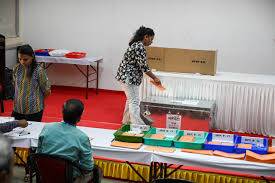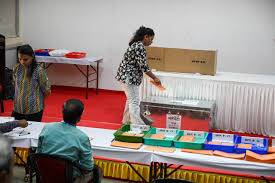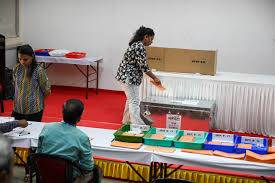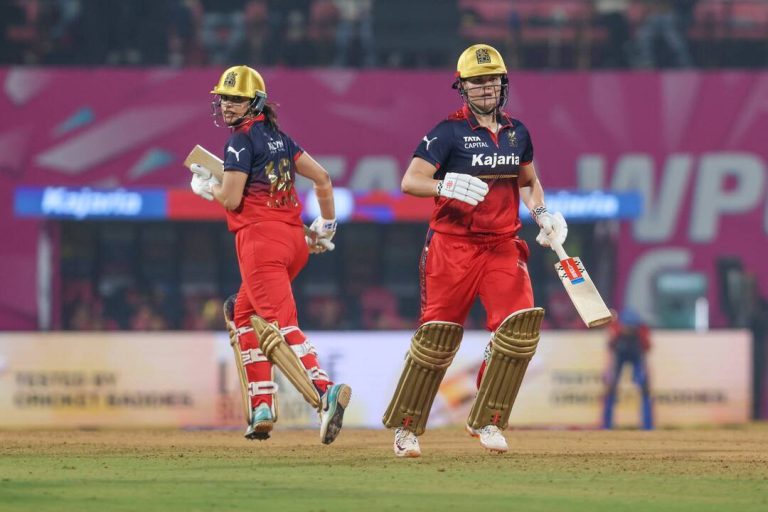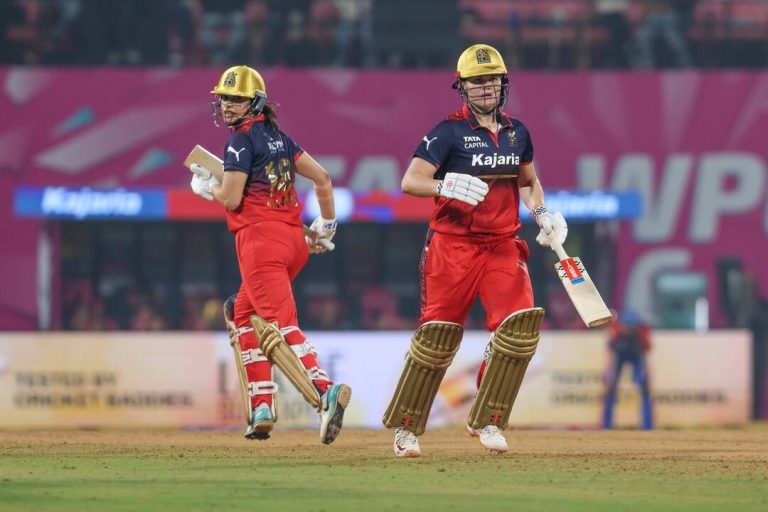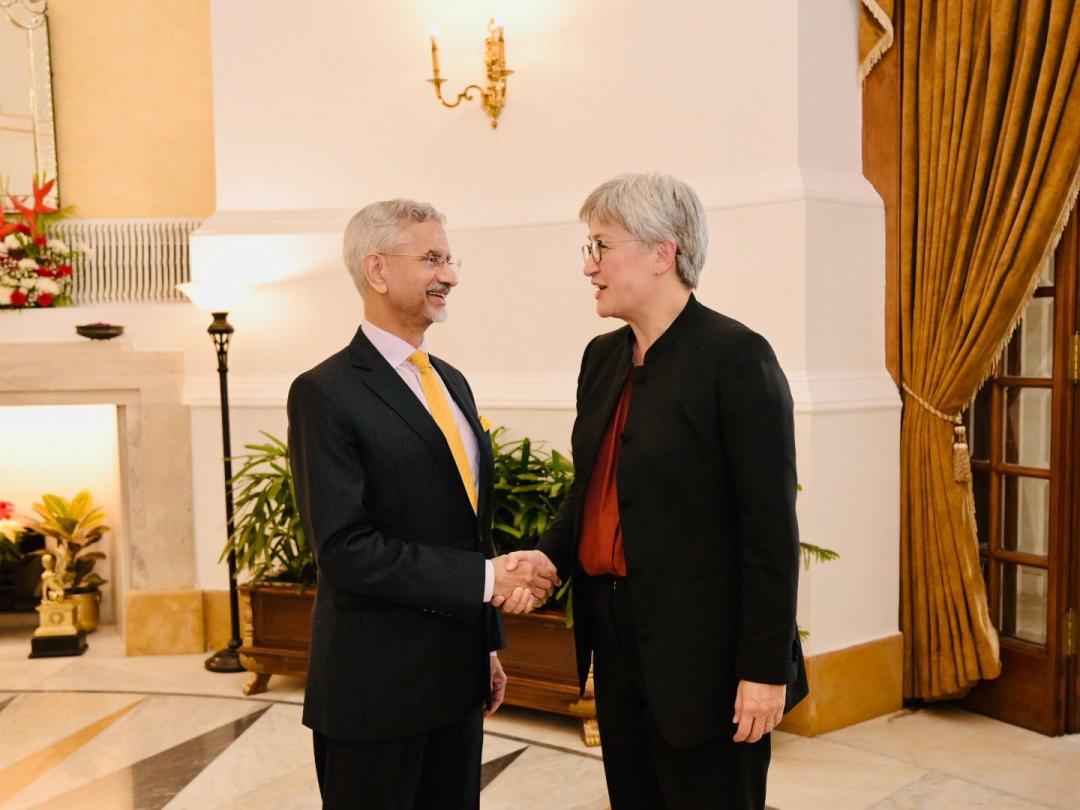
You’ve beaten us in both Men’s & Women’s Cricket,’ Australia leader jokes with Jaishankar
In a lighthearted moment during a meeting between Australian Foreign Minister Penny Wong and Indian External Affairs Minister S Jaishankar, the former jokingly acknowledged India’s superiority in cricket. Wong quipped, “You’ve beaten us in both Men’s and Women’s Cricket,” highlighting the recent successes of Indian cricket teams against their Australian counterparts. This exchange not only showcases the camaraderie and sportsmanship between the two nations but also underscores the significant victories of Indian cricket in recent times.
The meeting between Wong and Jaishankar is part of a series of diplomatic engagements that have been strengthening the ties between Australia and India. Notably, Penny Wong mentioned that Jaishankar is the minister she has met most in her current role, indicating the frequency and importance of discussions between the two countries. This frequent interaction is a testament to the growing bilateral relationship, which encompasses a wide range of areas including trade, defense, education, and sports.
One of the most significant sporting achievements that led to Wong’s jest was the Indian women’s cricket team’s victory over Australia in the 2025 Women’s World Cup semifinal in October. This win was a milestone for Indian women’s cricket, demonstrating the team’s skill, dedication, and determination. The Indian women’s team has been making steady progress in international cricket, and this win against a strong Australian side was a major breakthrough.
Following the women’s team’s success, the Indian men’s cricket team also made headlines by winning the T20I series against Australia in November. This series win was a testament to the depth and talent of Indian cricket, as the team navigated challenging conditions and tough opposition to emerge victorious. The men’s team has been a powerhouse in international cricket for years, and this series win reinforced India’s position as one of the top cricketing nations in the world.
The joke made by Penny Wong during the meeting highlights the sporting rivalry and mutual respect between Australia and India. Cricket is a sport that is deeply ingrained in the culture of both countries, and the performances of their respective teams are closely followed by fans. The acknowledgment of India’s recent cricketing successes by an Australian leader reflects the spirit of sportsmanship and admiration for excellence that transcends national boundaries.
The diplomatic relationship between Australia and India has been on an upward trajectory, with both countries recognizing the strategic importance of their partnership in the Indo-Pacific region. The meetings between high-level officials, such as the one between Wong and Jaishankar, play a crucial role in fostering this relationship, facilitating dialogue on key issues, and exploring opportunities for cooperation.
In the context of cricket, the exchange between Wong and Jaishankar also points to the potential for sports diplomacy to play a role in international relations. Sports have a unique ability to bring people together, transcend cultural differences, and create a sense of shared experience. The success of Indian cricket teams against Australian sides can be seen as a symbol of the competitive spirit and friendship between the two nations.
As Australia and India continue to deepen their bilateral ties, moments like the lighthearted joke about cricket victories serve as reminders of the multifaceted nature of their relationship. Beyond the realms of politics and economics, the shared passion for sports like cricket can act as a bridge, fostering goodwill and mutual respect between the peoples of the two countries.
In conclusion, the meeting between Penny Wong and S Jaishankar, marked by a humorous reference to India’s cricketing successes, underscores the warmth and depth of the Australia-India relationship. As both countries navigate the complexities of the modern world, their friendship and cooperation, exemplified by moments of sportsmanship and camaraderie, will be crucial in shaping a more stable and prosperous future for the Indo-Pacific region.
